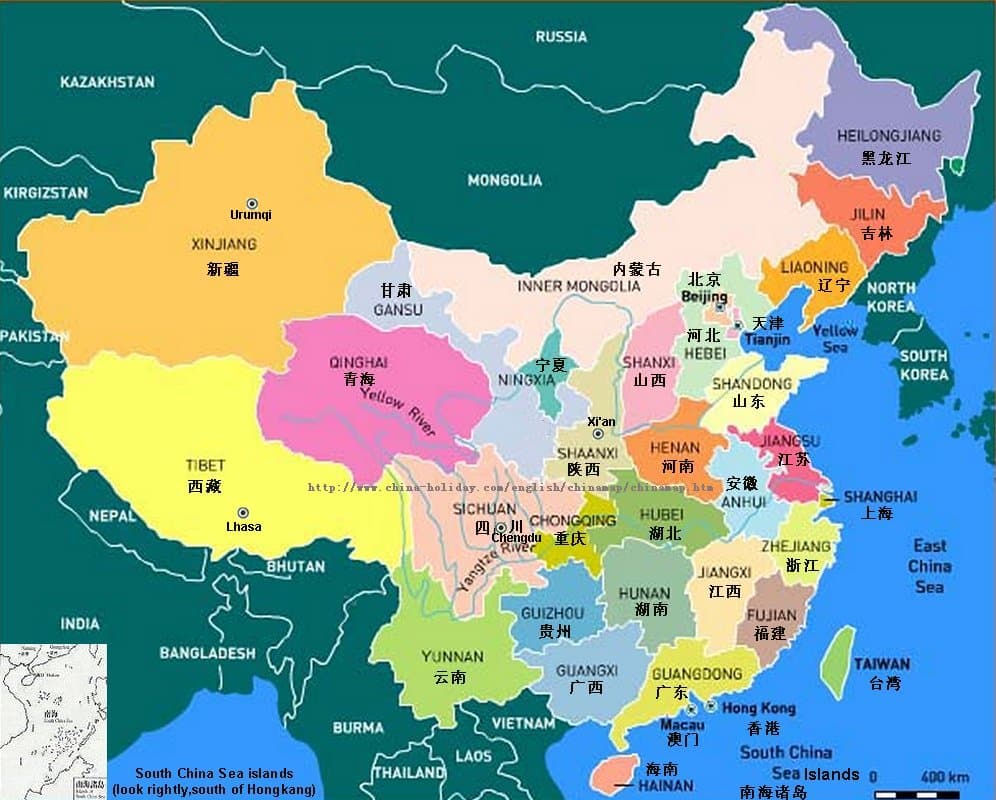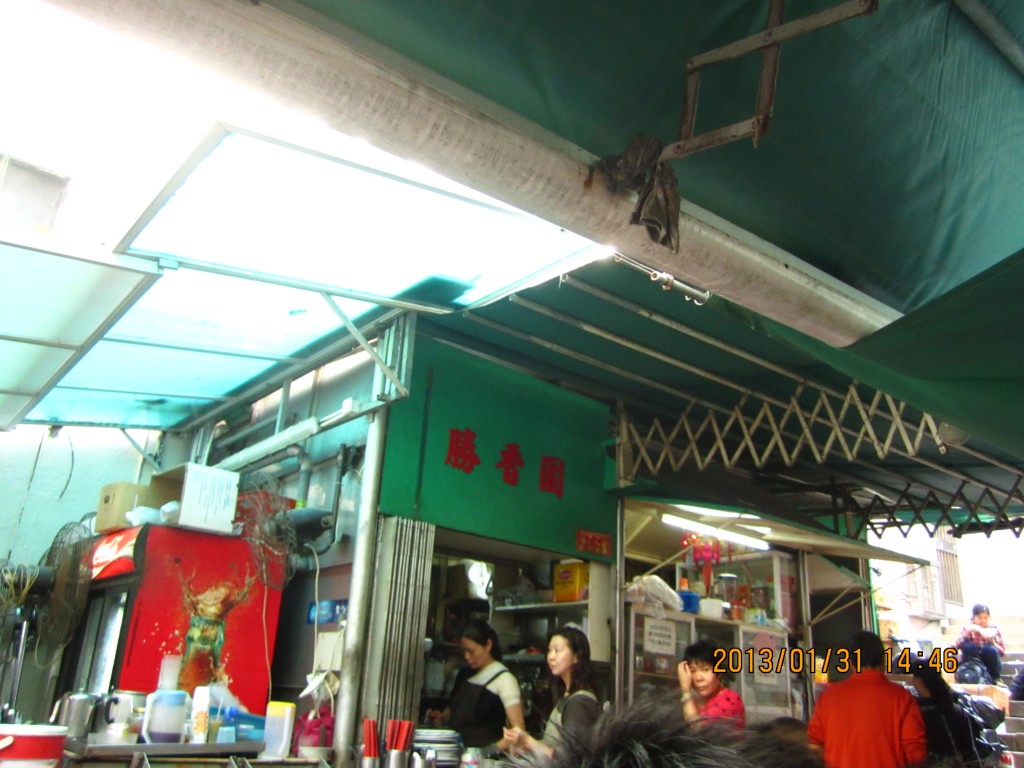In three days I travelled from the fossilized world of Xi’an to Shanghai’s busy streets to Hong Kong’s smoky alleyways. It is fair to say I felt better by the day.
It’s the little things in Hong Kong that make it more welcoming. As soon as I left the luggage collection area, there were maps of Hong Kong in simplified and traditional Chinese, English, Japanese, for collection. In Xi’an you had to purchase them, but not before peddlers of “black taxis” hounded you every which way.
At the airport lobby, the customer service pointed me to the bus that took me to my hostel in Mong Kok. I had become so used to customer attendants acting as nothing more than living signposts in China, passing the chain of responsibility to another person. I was a little shocked when my bus dropped me at the hostel doors.
The elevators were right there and clearly marked when I needed to lug around my suitcases. In Shanghai they were difficult to find; in Xi’an you stumble on them as collecting mushrooms in the Mario Brothers game – at random.
At 2 a.m. I walked out of my hostel hungry, wandering the Mongkok streets for food. I did not have to go far before finding rows of place to eat supper. The restaurants felt familiar even as stubborn Cantonese mystifies me. For a long time after I had finished my 牛什湯麵 (assorted beef organs noodles), I tried to work out why these cramped, small places felt better to eat at than in all of Beijing, Shanghai and Xi’an. It might have been the colourful handwritten menus plastered across mirrors on the walls, adding vibrancy that faded yellow tiles and smudge stained walls could not muster. Was it the bright fluorescent lighting lining the roof edges that made the place look cleaner?
Finally, after eating with my friend at the chocker full 勝香園 (a restaurant), I realized it was the waiters who made me feel as if I was a part of something beyond a customer. Often middle aged or older, these sure hands looked more like grandmothers and uncles serving with a generation of experience, who looked at their job as more than a living but a way of living.
It feels like I’ve been time travelling these past days into different possibilities of China, shaped by vastly different forces. Tomorrow I leave for Taiwan. Excited!
三天之内,我从西安的化石世界到了上海的繁华街道随后又来到了香
是香港的那些小细节让它显得更热情好客。
在机场大厅,旅客服务将我指引到了把我送到我在旺角的青年旅社的
电梯就在那里并明确地标示着什么时候需要拖着我的行李箱。
凌晨两点的时候我饿着肚子走出青年旅社,
最后,在我跟朋友在胜香园(一个餐馆)吃完饭之后,
这几天的经历让我觉得我好像是在进行时间旅行,



